
Managing ESG Data Requests
Ensure your company is prepared to answer requests for data to build stronger relationships with existing and win new customers.
Catalyzing Supplier Sustainability
As buyers prioritize sustainability, suppliers increasingly play a critical role. From operations to materials, proactive engagement ensures mutual success on the path to a sustainable future.
This is your ultimate hub for mastering supply chain sustainability and guiding your company toward excellence. Find guidance, practical solutions, updates, and collaboration tips here.
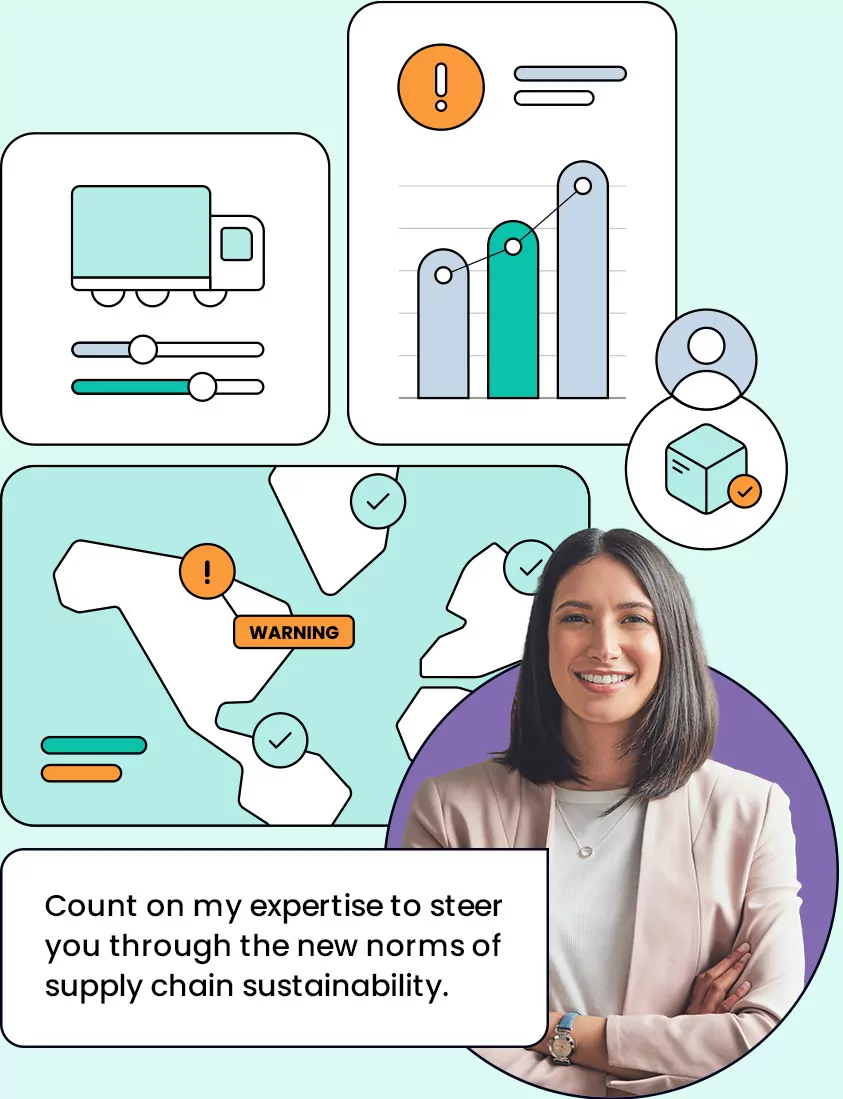

Ensure your company is prepared to answer requests for data to build stronger relationships with existing and win new customers.

Learn how to respond to required emissions reporting mandates from Amazon, Microsoft, Target, and others.

Understand Scope 3 emissions, value chain sustainability and how to start reporting on ESG.

Discover what EcoVadis reporting is, how to report, and how to improve your score in this 101 guide.

Streamline CDP reporting and improve your score with this guide to CDP reporting, scores, and questionnaires

Explore how some of the biggest companies are working with their suppliers to drive ESG performance.

Here are four simple and actionable tips to ensure your suppliers sustainability goals and values are aligned with yours.
Supplier sustainability requirements are increasing across industries, pushing value chain businesses to quantify ESG metrics and create a data-driven sustainability strategy.
Must report Scope 1-3 emissions via CDP, meet a > 55% reduction target by 2030, and in some cases, undergo third-party data audits.
Source: MicrosoftMust establish SBTi targets for Scope 1-2 emissions and report diversity metrics, such as ownership by women, BIPOC, LGBTQ+, veterans, or people with disabilities.
Source: TargetMajor suppliers must report Scope 1-3 emissions, disclose climate risks via CDP annually, and set SBTi emissions reduction targets.
Source: U.S. GovernmentGlobally, over a dozen newly developed supply chain sustainability regulations are pushing major buyers to seek more quantified sustainability data from their suppliers.
Here are key regulations that U.S. companies need to know:
Requires over 10,000 U.S. companies to disclose Scope 3 emissions and value chain climate risks.
Proposal to add carbon tax on imports, incentivizing suppliers to measure and reduce emissions for competitive advantage.
Bans imports from Xinjiang, pressuring supply chains to certify materials free from forced labor.
Mandates 50,000 EU/non-EU companies disclose extensive sustainability, including Scope 3, affecting supply chain transparency demands.
EU/non-EU companies must assess, address environmental/social issues, driving demand for supplier sustainability data.
Suppliers must enhance battery product recyclability and replaceability and report carbon footprint for EU market compliance.
Introduces carbon border tax, affecting imports; by 2026, exporters to the EU must reduce product emissions to remain competitive.
U.S. companies must report material supply chain climate risks, potentially requiring supplier climate data disclosure.
Will require fashion retailers to map their supply chains, conduct due diligence on their social and environmental impacts, and report, track, and show progress toward targets.
Will require 1,000 U.S. companies to disclose their Scope 3 emissions.
Most requests for supplier sustainability and ESG data are currently centered on climate, driven by regulations, risk analysis, and corporate sustainability objectives. Companies should prioritize climate data first, but not climate only, and should expect inquiries about governance structures and social aspects of their operations, including diversity, labor practices, human rights, and other ESG metrics.
Here are examples of supplier sustainability engagement methodologies:
| Disclosure Medium | Annual Requests | Buyers Using Method | Data Requested |
|---|---|---|---|
| CDP | 47,000+ | 330+ |
|
| EcoVadis | 75,000 | 1,200 |
|
| Science-Based Targets Initiative (SBTi) | 100+ | 3,000+ Set SBTi Net Zero Commitment |
|
| Proprietary Questionnaires & Surveys | 1,000+ | 1,000+ |
|
| The Higg Index Apparel and footwear specific framework | 24,000+ | 300 |
|
Other sector-specific frameworks:
| 1,000+ | 1,000+ |
|
With an influx of requests across diverse channels for supplier sustainability data, acting today to track the data most critical to your major clients is a proven strategy to preserve and enhance your business relationships.
Explore solutions to help you respond to data requests:
Easily measure, manage, and share accurate carbon account data with your biggest customers in every requested data format.
Get product-specific carbon footprints to share with customers requiring want in-depth emissions data for each line item they buy from your company.
Help your customers accurately assess any climate risks in their supply chain by supplying them with data on potential risks your company may be facing.
Report all the necessary sustainability metrics your clients need through any reporting framework (CDP, EcoVadis, proprietary, or others).
From completing CDP questionnaires to undergoing EcoVadis assessments, suppliers navigate various frameworks and surveys. Discover additional tools and insights to streamline this process and foster sustainable partnerships.
Explore further resources for enhancing supplier engagement on sustainability:
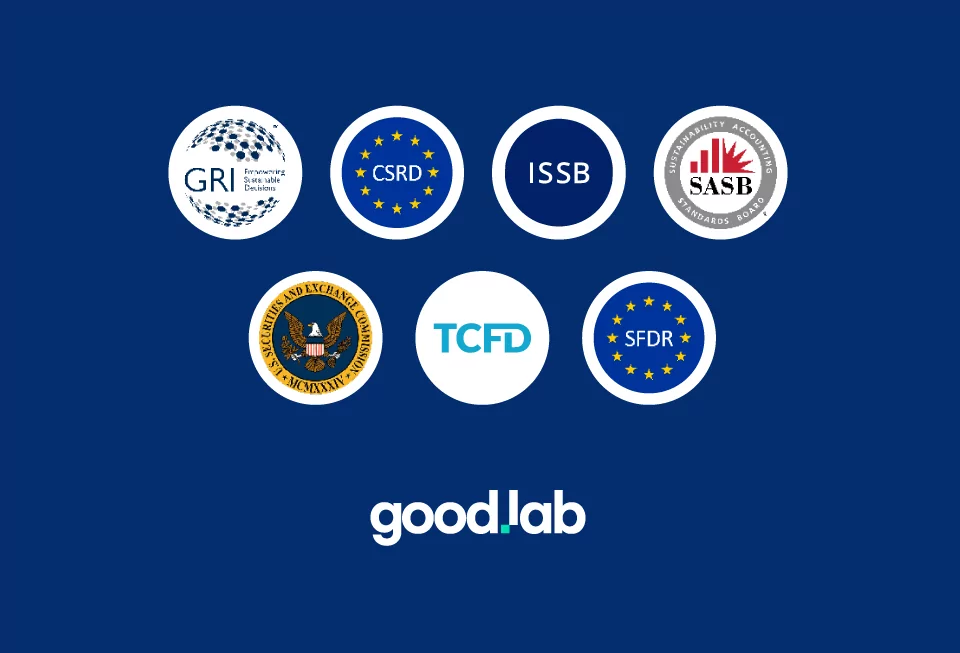
Solve your reporting challenges, while strengthening data accuracy and performance ratings.
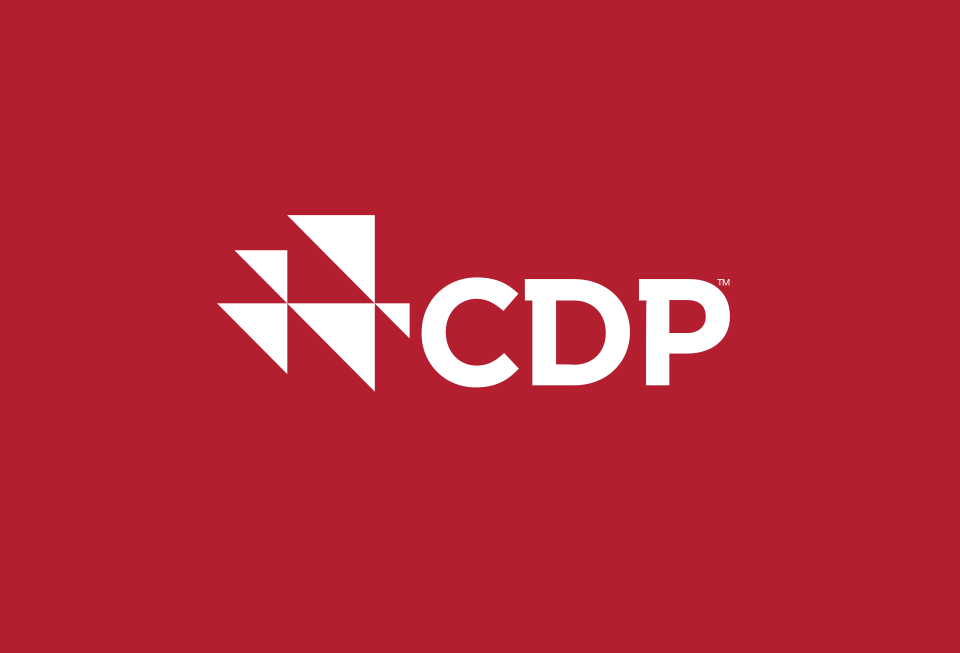
CDP Reporting: A Suppliers Guide to Disclosures, Scoring, and Questionnaires
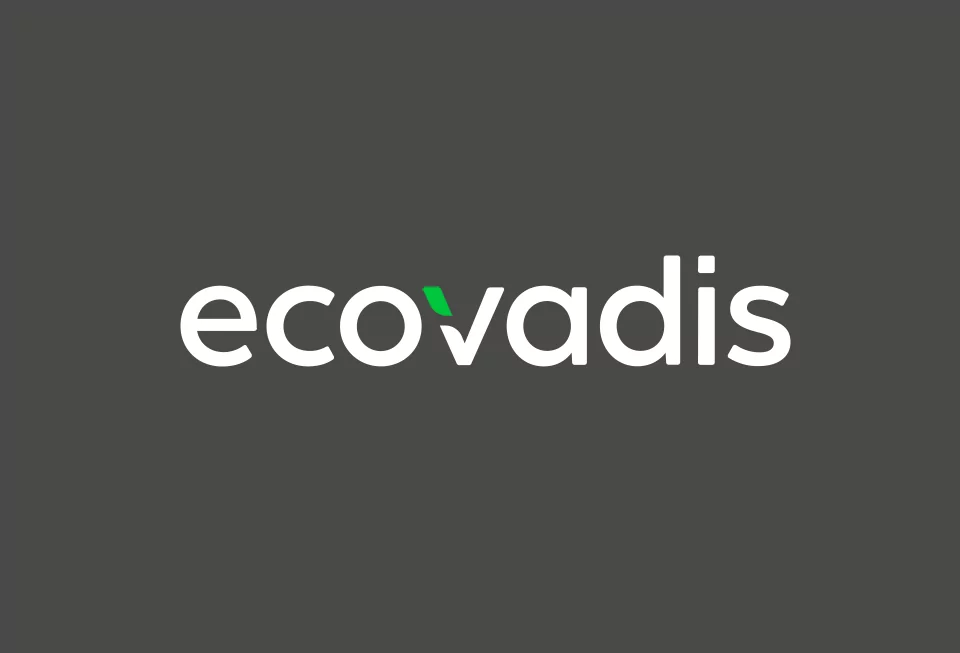
EcoVadis 101: The Definitive Guide to Improving Your Sustainability Rating
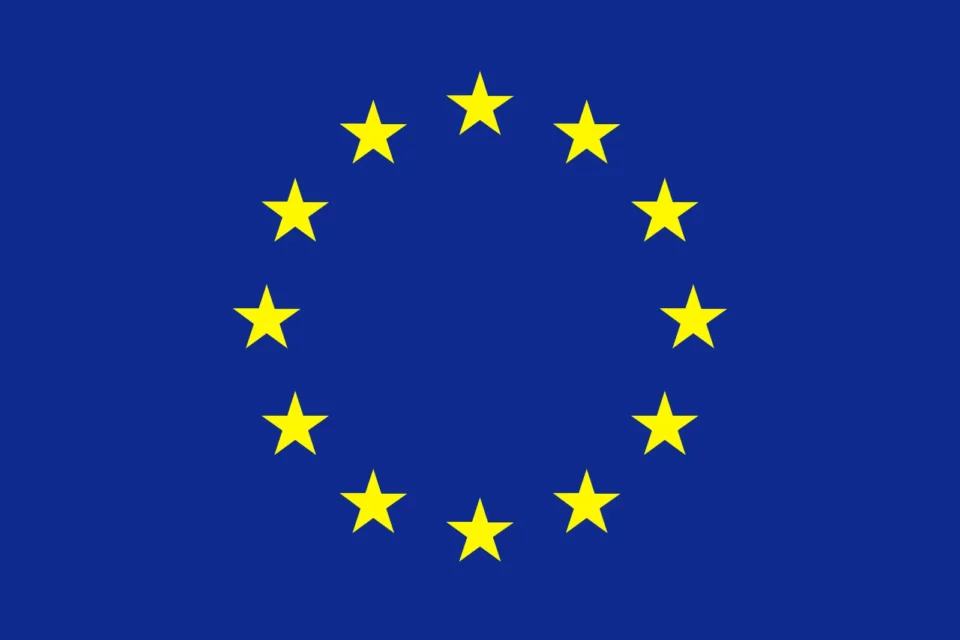
The European Union (EU) has created one of the most ambitious and progressive green agendas globally. The EU ESG regulatory landscape extends far beyond most other regions, as they aim to meet the goals set out in the Green Deal.
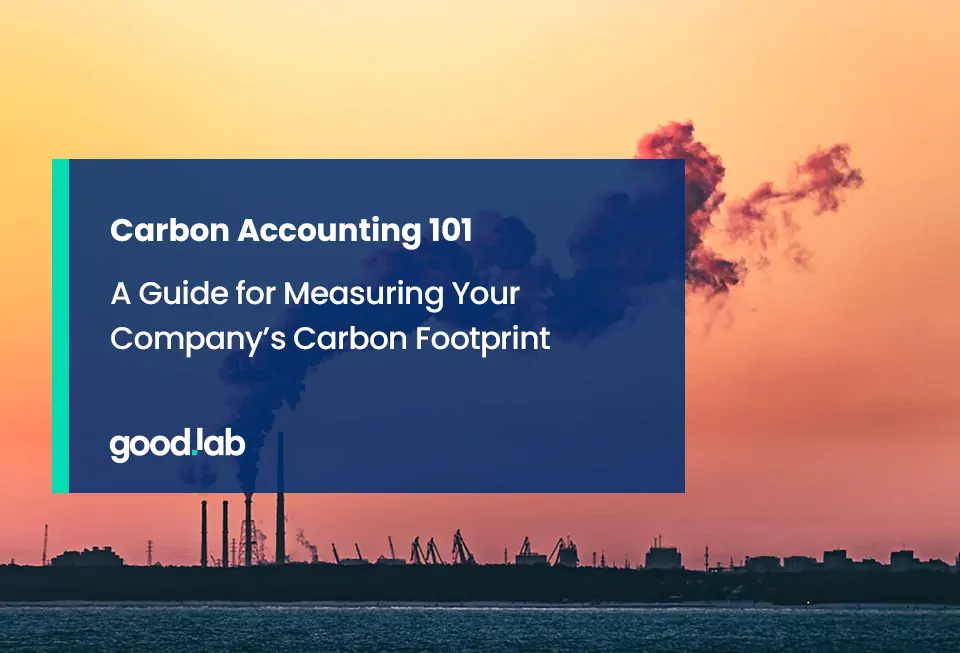
Carbon accounting is the modern language of climate change. It’s how companies share their climate story transparently and accurately today.

ESG has become today’s business imperative. Come up to speed on the basics of ESG, understand the importance for your company, and learn how to build a world-class ESG program from the ground up.
Heightening focus on achieving sustainability goals is driving the increase in sustainability data requests. Coupled with tightening regulations, the integration of sustainability into corporate risk management, and stakeholder expectations, investors, consumers, and regulatory bodies are increasingly holding companies accountable for their ESG impacts, prompting a rise in demand for transparent sustainability disclosures.
The primary drivers of these requests are large multinational companies seeking to ensure their supply chains align with sustainability goals, reduce their exposure to risks, align suppliers with their code of conduct, and meet mandated reporting needs. These corporations are leveraging their influence across their supply chains to request and, in some cases, mandate sustainability data to meet their targets and their stakeholders’ expectations.
Companies are being asked to provide a wide range of sustainability data. Most notably, there is a focus on climate-related information, aligning with global efforts to combat climate change. However, there is an expanding scope that includes requests for information on social issues like diversity and inclusion, labor practices, and human rights.
Requests for sustainability data will continue to grow, both in frequency and in scope. This trend will be driven by ongoing environmental challenges, evolving societal expectations, and the recognition of sustainability as an integral part of business resilience and success. As such, companies can anticipate the need for more sophisticated data management and reporting systems to meet these demands for increasingly accurate and broad data sets.
The ability to measure and reduce emissions will be an important aspect of maintaining current customer relationships and will give your company a competitive edge in winning new deals.
With increasing regulations around sustainability, ESG, and climate reporting, starting today ensures that your company stays compliant and supports its customers to do the same.
By assessing and acting on ESG data today, your company can identify and mitigate risks related to environmental, social, and governance factors preventing any potential for future loss of business.
Eventually, your customers will request information on much more than emissions, with requests for information on water use, biodiversity, deforestation, equality, and much more. Starting now will prepare your company to meet every future request for sustainability data.
We have experience helping our customers comply with Microsoft’s Supplier code of conduct and report using the most common reporting tool, the CDP.
We can help companies measure the most common request for data, GHG emissions, with our GHG Emissions Calculator, and with our team of experts, guide you through reports into CDP, ISSB, or any customer survey.
Our carbon experts and team of consultants have worked with hundreds of companies and are prepared to help your company set achievable carbon reduction and other ESG goals, including the commonly requested goal to set science-based targets.